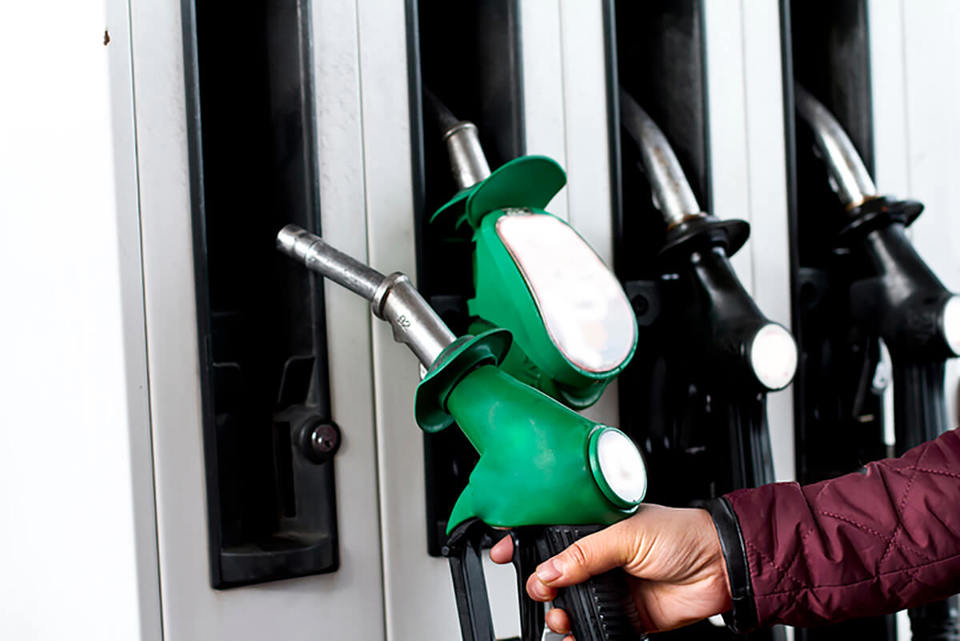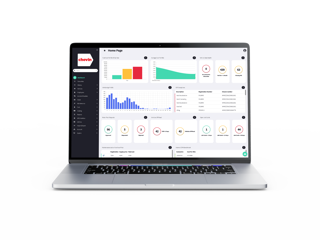The UK could be set to experience strike action following the announcement that fuel prices have today reached a new record high of 122pence per litre (ppl), warns fuel card reseller The Fuelcard Company.
UK petrol car owners are now spending a combined total of £8m a day more on fuel than a year ago, that’s £7 more per tank than December 2009. Diesel, which is still some way off its all-time record high, has risen 3.12p a litre over the last four weeks and now costs an average 126.19ppl.
Rises in oil prices on the world market, which have broken through the $90 a barrel barrier, are coupled with a New Year’s 1p rise in fuel duty and 2.5% increase in VAT, adding a combined 2.5ppl to fuel.
With the International Energy Agency predicting demand for oil will rise of the next few months, partly due to the cold weather, city analysts believe the price will top $100 a barrel within months.
That’s led to organisers of the fuel strikes in 2000 warning similar protest action could be on the cards in 2011, claims The Fuelcard Company.
“The fleet industry simply can’t sustain such massive increases to the day to day running of their businesses,” warns Jakes de Kock, managing director of The Fuelcard Company.
“Fleet managers feel let down by a Government who pledged a fuel stabiliser scheme to protect them by reducing tax if oil prices rose sharply, which has failed to materialise. They feel it’s time they take action into their own hands.”
The September 2000 fuel protests saw fuel refineries and distribution depots blockaded and, within days, created a fuel crisis that paralysed the UK’s critical infrastructure bringing the country to a virtual halt.
The financial impact of the week-long fuel drought was estimated at close to £1 billion.
“The impact of such strikes will resonate across the entire UK economy – the price of fuel doesn’t just hit British hauliers, it also hits UK competitiveness and raises the price of everything we buy in the shops.”
The Fuelcard Company is urging the Government to reconsider its introduction of additional fuel duty and identify ways to assist the UK’s hard pressed fleet industry before it’s too late.
























davidraistrick7392 - 20/12/2010 12:03
I think the impact of a 1p duty rise and additional 2.5% vat is worse than your article suggests. It increases todays average Diesel price of 126.19ppl to 130.37ppl, an increase of 4.18ppl.